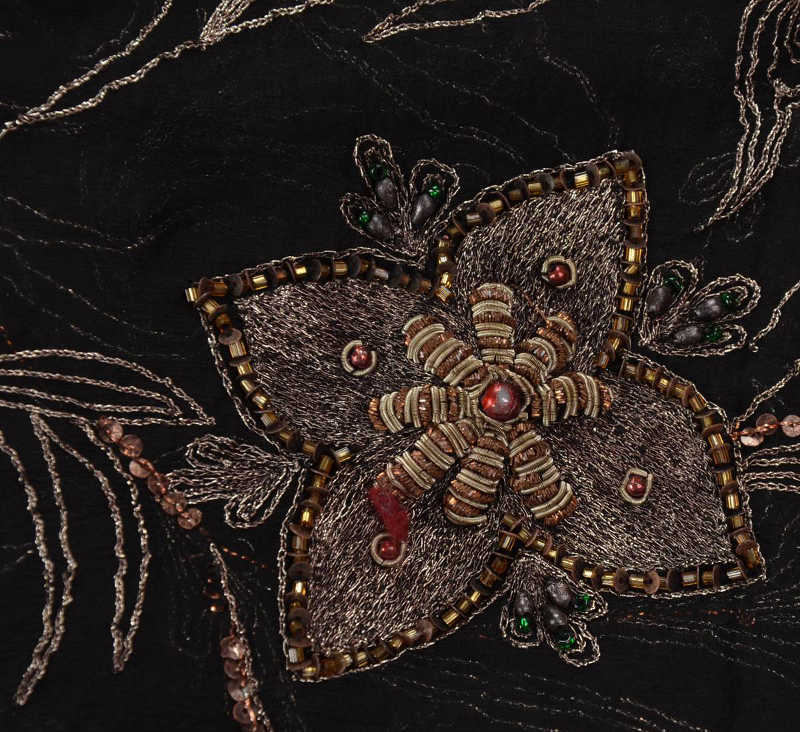===
0213,
2
===

=== |
 |
FWP:
SETS
MOTIFS
NAMES
TERMS == MEANING-CREATION; MOOD; THEME; TUMULT-AROUSINGThe verse cleverly doesn't tell us what kind of city the heart is, but only what kind it's not. And even then the information we get is scanty: it's not the kind of city that could flourish again after being destroyed. But what kind of city is that? As so often, the power of the verse is generated by our being induced to dig into our own imagination to flesh out such very skeletal information. And apparently the heart-city isn't just delicate or vulnerable, but is also a source of something rare and valuable-- or else why would the rash destroyer 'repent'?
Note for meter fans: The problem with Firaq's first line is that it has ik instead of ek . In fairness to Firaq, we should keep in mind that this could have been an error of calligraphy.